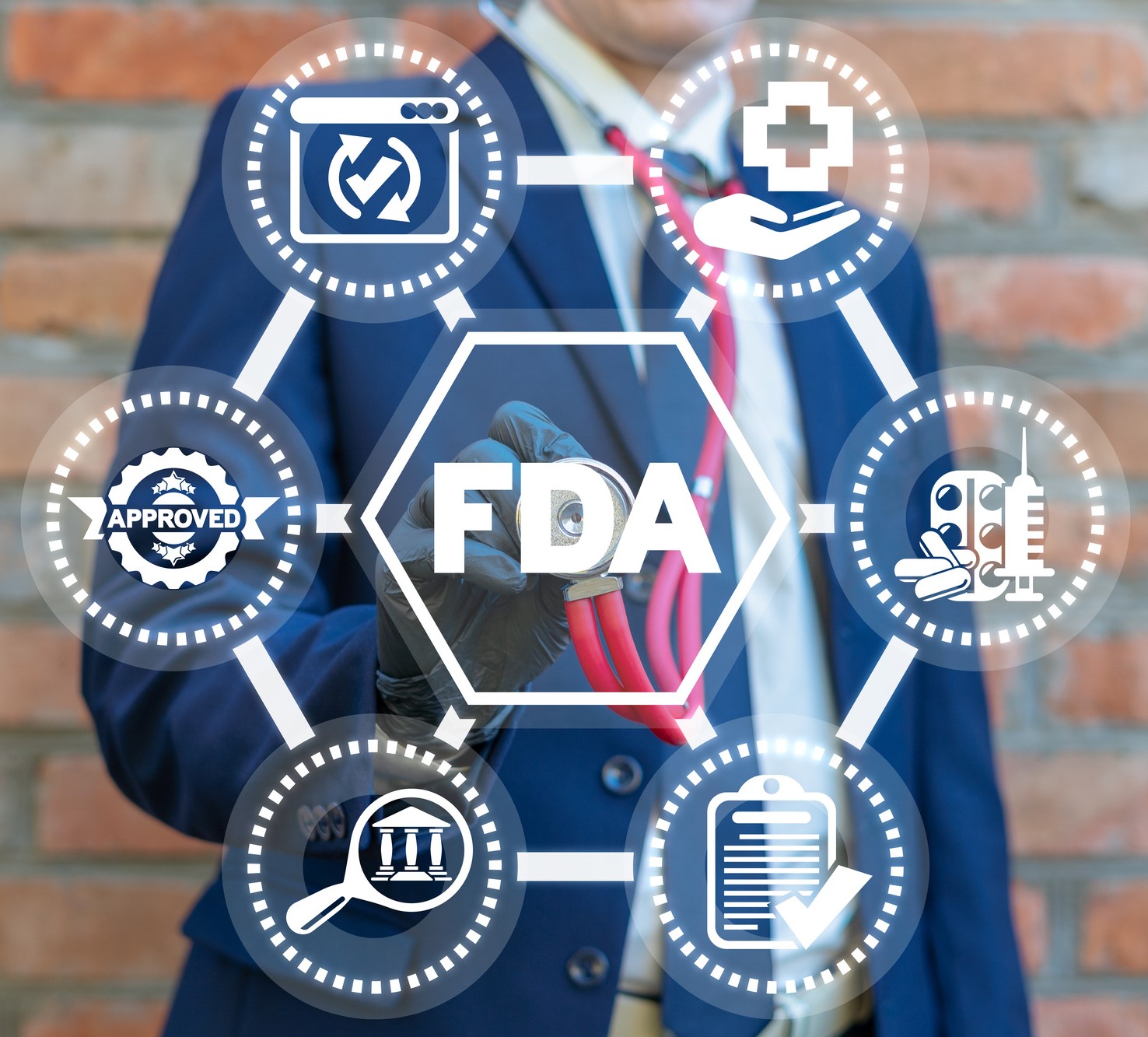FDA Law And Food Safety: Ensuring Compliance In The Food Industry

The Role Of The FDA
The FDA oversees food safety and labeling requirements at all levels of the food supply chain. This includes inspecting processing facilities, setting standards for hygiene and sanitation, requiring hazard analysis and risk-based preventive controls, mandating product recalls when risks are identified, and more. The FDA also regulates claims made on food packaging like 'healthy' and 'natural' to prevent false or misleading labeling. Overall, the FDA's mission is to protect public health by ensuring the safety and proper labeling of the U.S. food supply. Check out this video to learn more:Preventive Controls
The Food Safety Modernization Act (FSMA) gave the FDA new authority to require comprehensive, prevention-based controls across the food system. FDA lawyer-vetted FSMA rules include requirements for hazard analysis and risk-based preventive controls for human and animal food. The preventive controls requirements mandate that food facilities identify potential biological, chemical, and physical hazards. They must then implement science-based preventive controls to significantly minimize or prevent these hazards. Preventive controls may include sanitation procedures, supplier controls, environmental monitoring, and food allergen controls. Proper documentation and validation of preventive controls are key to demonstrating compliance.Traceability Requirements
Effective product tracing from farm to fork is crucial when foodborne illness outbreaks or contamination events occur. To improve traceability, FSMA rules established new requirements for the food industry. Facilities must maintain records that identify the immediate previous sources of all ingredients and the immediate subsequent recipients of finished products. The FDA can use this data to quickly identify impacted products and remove them from commerce when risks are identified. Having robust traceability procedures in place is vital for minimizing disruption, containing threats, and demonstrating responsibility.Imported Food Safety
Global food supply chains introduce unique risks that must be managed. Imported foods now account for around 15% of the U.S. food supply. FSMA granted the FDA increased authority over imported foods. Importers must verify that their foreign suppliers have adequate preventive controls in place and meet U.S. safety standards. The Voluntary Qualified Importer Program (VQIP) offers expedited review and import entry for companies that achieve high levels of compliance. Participating in VQIP can benefit importers while also reassuring consumers and regulators.Inspections And Enforcement
The FDA regularly inspects registered food facilities to ensure compliance with its regulations. Inspections may be routine or initiated due to reported issues. The FDA looks for adherence to Good Manufacturing Practices (GMPs), sanitation, hazard controls, and other requirements. Facilities must promptly address any gaps identified and provide written responses to the FDA. Failure to comply can result in warning letters, product seizures, injunctions, import refusals, mandatory recalls, monetary penalties, suspension of facility registration, and even criminal prosecution. It pays to maintain diligent compliance and full transparency with regulators.Tips For Ensuring Compliance
Staying up-to-date on evolving FDA requirements is essential but can also present challenges for food companies. Here are some tips for maintaining compliance:- Develop robust food safety plans addressing hazard prevention, sanitation, allergen control, traceability, and relevant FSMA regulations. Review plans regularly.
- Document all policies, procedures, monitoring, corrections, and verifications. Thorough records are crucial.
- Closely oversee suppliers and ingredients to ensure upstream compliance.
- Maintain diligent recordkeeping for traceability requirements.
- Participate in VQIP to ease imported food oversight.
- Prepare and practice for regulatory inspections at each facility. Address any observations promptly and with - transparency.
Continuously train staff on GMPs, hygiene, food safety protocols, and recordkeeping. Emphasize the importance of compliance.
- Stay current on FDA regulatory changes through email alerts, industry groups, and regulatory counsel.
- Work collaboratively with the FDA to resolve any issues quickly and completely.
Conclusion
Ensuring full compliance with FDA food safety regulations requires commitment across an organization. By focusing on preventive controls, traceability, FSMA rules, inspections, and transparency, food companies can demonstrate their dedication to safety. Maintaining robust systems and diligent processes is the best way to safeguard consumers while meeting FDA requirements. Though regulatory compliance demands work, the rewards of public trust and avoidance of disruptions make the effort worthwhile. With a collaborative mindset and proactive management, food companies can partner effectively with the FDA to achieve shared food safety goals.Do You Need An Attorney?
If so, post a short summary of your legal needs to our site and let attorneys submit applications to fulfill those needs. No time wasted, no hassle, no confusion, no cost.

